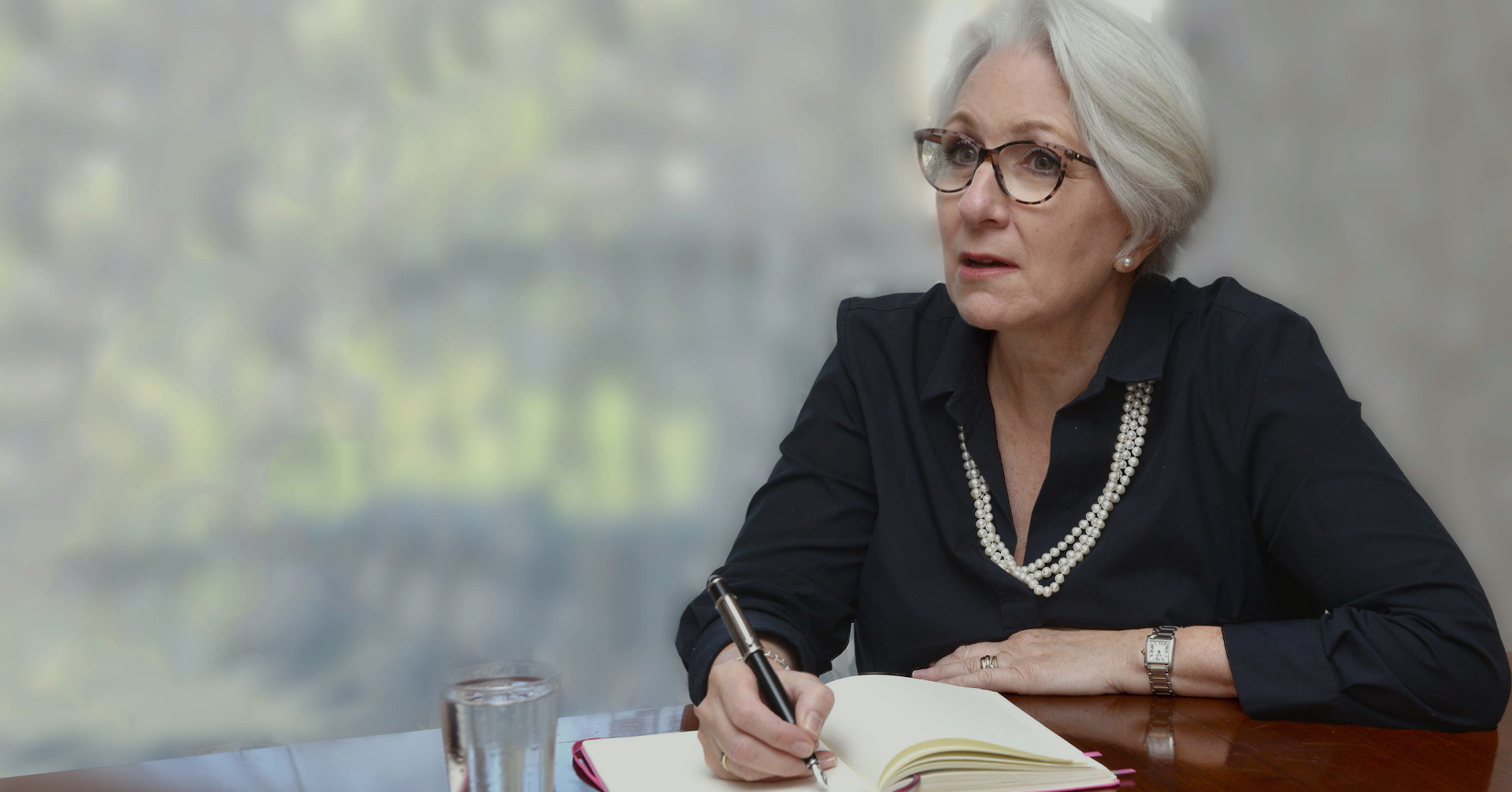

At the best of times leadership can be a solitary experience, so in this current crisis, leaders are carrying a huge
responsibility for sustaining their organisations – from a revenue, growth, and employment perspective. As an Executive
Coach I provide a focused, time-efficient, confidential space to share your concerns, explore your ideas, and have your
thinking challenged. I help you to make sense of your experience, using it to grow as a human being. In doing so, you
will be able to find new and different ways to lead your team and your organisation when necessary.
We are all facing an entirely new situation. I am convinced this creates opportunities for personal growth and learning;
through coaching I create space for reflection, understanding, and forward thinking. I use my experience of previous
crises and organisational transformation to coach, guide and advise leaders on how to stay aligned with their values.
Trust and confidence of others is essential to bring your organisation through this crisis.

There is an initial session to explore if there is the “chemistry” between us that is essential for successful coaching.

We plan for nine sessions spread over a twelve-month time period. Each session is up to two hours depending on whether it is face to face or virtually.

The coaching meetings are confidential and although I usually in private rooms due to the on-going crisis I am coaching virtually for many clients. The objective is to work in a space that allows for focused sessions without distractions.

Our work together is completely confidential; I do not report back to your organisation at any time during the process. Instead I work with you to identify how you want to discuss the coaching and what you learn with your key stakeholders.
Some examples of my coaching clients :

A recently appointed leader of a multi-country business, needing to lead a cross-cultural workforce and to influence corporately for the first time. Through the coaching he came to understand the visibility of his role, the range of his influence and the scope of the expectations others had of him. This enabled him to lead in new and different ways.

A leader in the French subsidiary of a British company wanted to develop her communication style, especially in relation to the corporate headquarters. The outcome of the coaching assignment was an increased understanding of the inter-cultural differences and how she could be more influential with her corporate colleagues.

An executive with interpersonal problems highlighted through a “verbal 360°” feedback. He became more aware of the impact he had on his peers and staff, making adjustments to his style. He also identified that he “micro-managed” and needed a wider range of leadership styles consistent with his position.